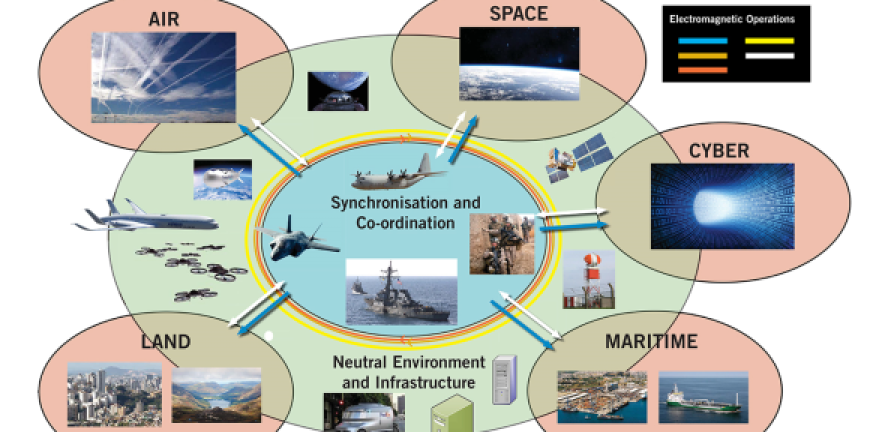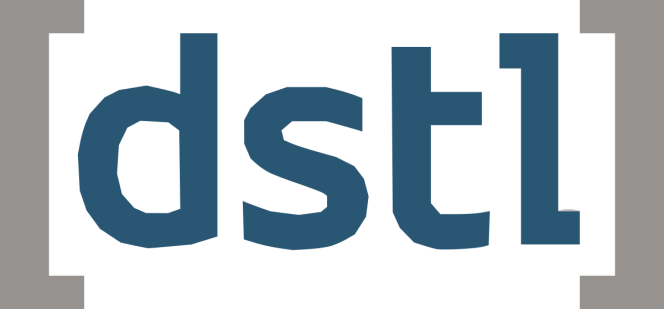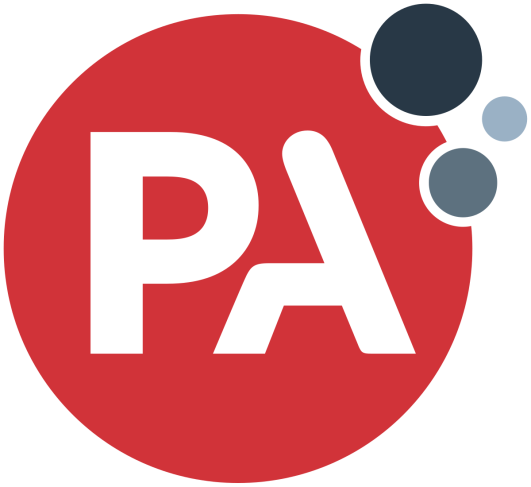
Centre for Mathematical Sciences
Background
The UK needs to be able to operate in the electro-magnetic environment (EME) across all domains; space, air, land, sea and cyber. Operating in the EME is an increasingly complex task as it becomes more congested and contested due to continuing growth in civilian and military demand for spectrum (for example 5G).
Current approaches to solving the challenges of operating in the EME have been successful over many years, but ever increased increasing complexity means it is now necessary to explore innovative approaches. Applying new or alternative mathematics to these challenges presents an opportunity to develop new approaches and create exciting possibilities for this field. Dstl are working with PA Consulting and the Isaac Newton Institute to develop a framework to engage the mathematical community in this area. The plan is that this will continue over a number of years and we are pleased to advise of the first workshop where the mathematical community are invited to become involved.
Aims and Objectives
This three day challenge workshop aimed to investigate mathematically led solutions to defined challenges in the EM environment.
We invited you to explore the challenges in depth during break-out sessions with the expectation that innovative maths led approaches will arise. The types of challenge that were tabled are listed below.
- Seeking small signals in a complex environment
- Optimising scarce resource
- Deriving information from diverse data sources
- Complex decision making with limited data
This activity brought together relevant stakeholders from across various mathematical fields with electromagnetic environment domain experts to explore novel ways to address these challenges. During the workshop breakout sessions were organised around the individual challenges. The most promising ideas will then go forward to a further phase for the ideas to be developed and assessed, which will include funding a small number of short research projects. The output of the programme will be an assessment of a set of innovative mathematical approaches to the key challenge areas with the intention to exploit these in future projects.
Participants came from a number of diverse fields including (but not limited to); signal processing, optimisation, operational research, imaging and vision, control theory, wave theory, machine learning, electrical and communications engineering. The challenges relate to a number of wider topics including:
- Wave theory
- Operations research
- Complexity science
- Queuing and scheduling theory
- Machine learning
- Decision theory
- Signal processing
- Stochastic analysis
- Inverse problems
The longer term plan is that this activity will build closer links and collaborations between applied mathematicians and the owners of complex challenges, establishing a joined up multi-disciplinary UK community for this area.
Posters & Elevator Pitches
In addition to the workshop, we ran a poster exhibition alongside the workshop and during the drinks reception. This was linked to an Elevator Pitch session on day one and will further foster relationships across the community.
Registration and Venue
This event was by invitation, but we were also keen to hear from others from the various relevant communities who were interested in attending.
Nearby en-suite B&B accommodation was reserved and further information was provided to invited participants upon registration.
The workshop took place at the Centre for Mathematical Sciences, University of Cambridge. Please see the website for further information about the venue.



